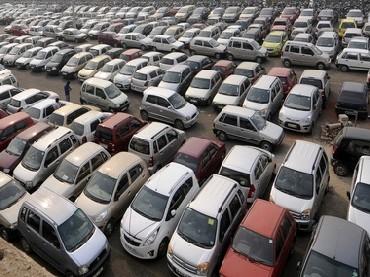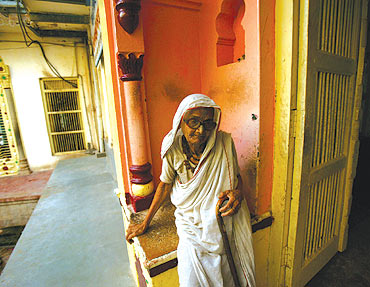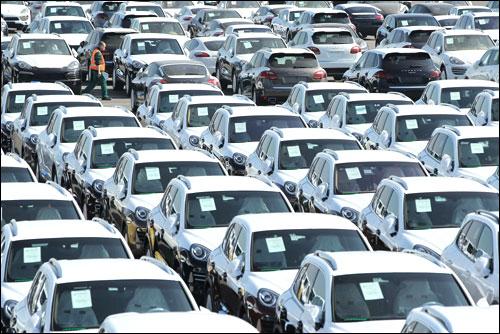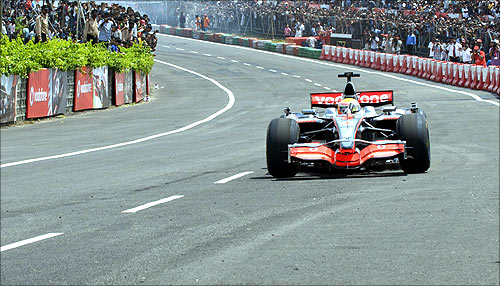 | « Back to article | Print this article |
Now, a hi-tech car that can guide older drivers
British engineers are developing a new hi-tech car meant for elderlies which they say can guide the driver in identifying the safest routes.
The car, which has navigation tools, night vision systems and intelligent speed adaptations, can also monitor stress levels, concentration and driving habits of the drivers by tracking their eye movements.
The technology, called Granny-Nav, is being developed by a team at the Newcastle University under the 12-million-pound "social inclusion through the digital economy (SiDE)" project.
Click NEXT to read further. . .
Now, a hi-tech car that can guide older drivers
It is aimed at helping older drivers to stay on the road, as most of them often give up driving because their reaction times slow down, the researchers said.
Phil Blythe, professor of intelligent transport systems at Newcastle, said: "For many older people, particularly those living alone or in rural areas, driving is essential for maintaining their independence, giving them the freedom to get out and about without having to rely on others."
"What we are doing is to look at ways of keeping people driving safely for longer, which in turn boosts independence and keeps us socially connected," Prof Blythe told BBC News.
Click NEXT to read further. . .
Now, a hi-tech car that can guide older drivers
The car, which the team dubbed DriveLAB, has night vision systems to help driving in the dark.
It also uses pictures of local landmarks, such as a post box or public house, as turning cues for when people are driving in unfamiliar places.
Around 20 drivers in their 80s in England and Scotland have so far taken DriveLAB out on the road.
Dr Amy Guo, who is leading the older driver study, said the car had produced some surprises.
Click NEXT to read further. . .
Now, a hi-tech car that can guide older drivers
"For example, most of us would expect older drivers always go slower than everyone else but surprisingly, we found that in 30mph zones they struggled to keep at a constant speed and so were more likely to break the speed limit and be at risk of getting fined.
"We're looking at the benefits of systems which control your speed as a way of preventing that."
The team is also looking at displaying information on the windscreen, rather than the dashboard, so drivers do not feel the need to look away from the road, and systems that can detect if the car has strayed out of its lane.



